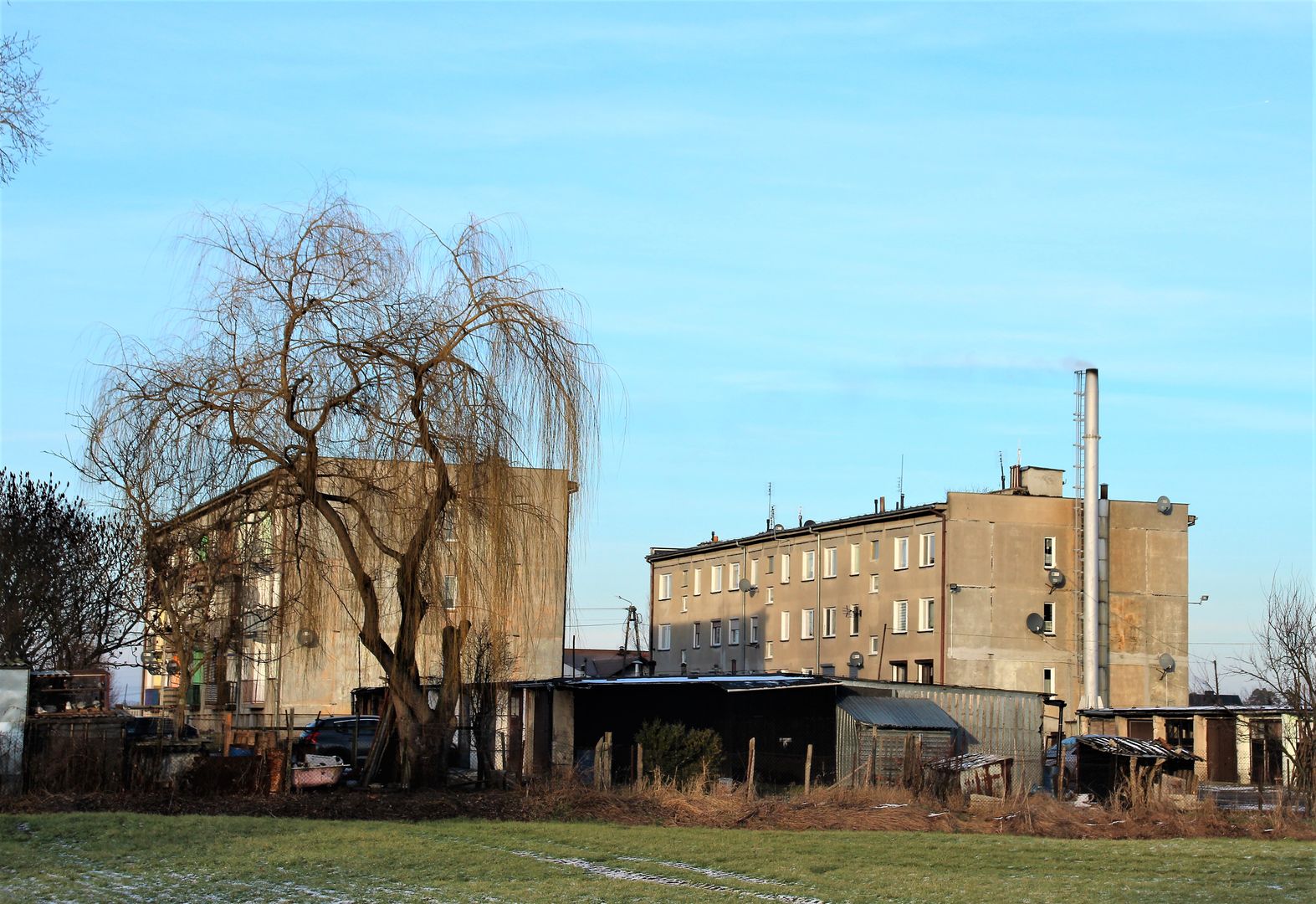Great Buczek
6.08

Overview
Wielki Buczek, also known as Gross Butschkau, is a village located in the Greater Poland Voivodeship, within Kępno County, in the municipality of Rychtal. Its name derives from the beech tree, and historical documents refer to it in its Latin form as "Bucecz." The village was established in 1772 following a cholera epidemic that decimated earlier settlements. Settlers, primarily from the areas around Kraków, moved here, and the village eventually developed several formerly existing colonies. In the 19th century, the estate passed into the hands of aristocratic families, with the last owner before World War II being Tomisław Siciński. The manor house dating from the late 19th century, its distinctive architecture, and the surrounding park reflect the historical significance of this place. After being taken over by the state following the war, the manor lost its original function, but in 2005 it was entered into the register of historical monuments. The village also features a PKP (Polish State Railways) station, built in 1912, which was closed in 1992 after years of service. From a historical perspective, during World War II, Wielki Buczek experienced dramatic events, including military interventions and partisan activities. As a reminder of its past, it is worth noting that the village was a site of educational initiatives and the development of local community life, with the first teachers working in the area. Today, surrounded by nature, Wielki Buczek remains an interesting place that combines rich history and architecture with beautiful landscapes.
Location
2026 Wizytor | All Rights Reserved